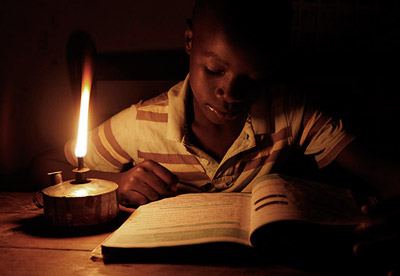SDG 6 – Clean Water and Sanitation
Earth year 4,492,056,017
Mother Earth/ Gaia‘s Blog
Mankind, My children
In my first blog post I asked that you commit to following my blog posts for a few weeks to give me a chance to explain the most important issues affecting our joint survival. Subsequent Blog posts have started to give you some facts about the big and important Global issues that need to be addressed and what sorts of actions you personally could take. In today’s Blog post I want to talk about SDG 6 – CLEAN WATER AND SANITATION.
The problem
Water scarcity affects more than 40% of the Global population and 1.7 billion people live in areas where the water usage is greater than the ability to replenish the water being used. Around 2.4 billion people lack access to basic sanitation services such as toilets or latrines and 80% of wastewater resulting from human activities is discharged straight into rivers and seas without any pollution removal. At least 1.8 billion people have to use drinking water that is polluted with human toilet waste. Around 70% of the water taken from rivers lakes and aquifers is used for irrigation.
Do you feel guilty when watching TV reports about the suffering of the poor in developing countries and seeing little children carrying large buckets of dirty water for miles to their homes?. Are you frustrated that not enough is done to stop the inequality and unfairness that denies opportunities and clean water to hundreds of millions in much of the world?. Now is your chance to do something to change the world!

The facts
1. 663 million people do not have access to improved water sources
2. 1000 children die each day (around 365,000 / year) due to preventable water and sanitation related diarrhoeal diseases
3. 840,000 die each year due to lack of clean drinking water
4. 1.8 Billion people have to use drinking water that is polluted with human toilet waste
WCYDo (wich-ee-do What Can You Do?)
1. Drink less bottled water. 16 litres of water is needed to make 1 litre of bottled water.
2. If you must drink bottled water, use reusable bottles to stop billions of discarded plastic bottles ending up on oceans and killing wildlife.
3. Donate to charities such as www.dri.edu, water.org
4. Share the facts about clean water and sanitation with family and friends.
Encourage others to join us and to visit our social accounts to sign up for our newsletter and information about our proposed WCYDo APP. See you next week on blog post, that will discuss SDG 7 – Good Jobs.

